Carbon Buzz
Carbon Buzz is a free, online tool that enables users to record, share and compare the energy use of their building portfolios and to track the operational energy use of existing buildings against design assumptions. It is based on the notion of creating an energy bar that summarises a buildings energy consumption by end-use including what is referred to as unregulated 'plug-loads'. Building information can be shared by name and practice or anonymously if considered to be sensitive.
It was created as a collaboration between the Chartered Institution of Building Services Engineers (CIBSE) and the Royal Institute of British Architects (RIBA) and funded jointly by the Technology Strategy Board (now Innovate UK) and a number of industry partners. It was championed by Aedas R&D.
Carbon Buzz emerged “...from a realisation that the construction industry suffers from a poor awareness of the link between CO2 emissions and the energy use of buildings.” It is seen as a way to support the construction industry to better manage energy usage and emissions.
It provides a platform to benchmark and track project energy use from design to operation using the CIBSE Energy Benchmarks with software from the BRE (Building Research Establishment). It can capture and catalogue anonymous annualised energy records from real buildings, and reports can be generated. This can make it easier for architects and engineers to understand building energy use statistics, showing the differences between design forecasts and actual values for different sectors, which can better inform their work and help to close the performance gap between designed and actual energy use.
According to Carbon Buzz, research has shown that on average, buildings consume between 1.5 and 2.5 times their designed values.
The tool caters to the needs of a broad range of stakeholders, including; local authorities, portfolio managers, government, landlords, and investors. It increases the amount of evidence for different low-energy building design solutions and can influence the development of regulations and policy making.
The Carbon Buzz project is ongoing and requires continuous research. In the future organisations that choose to publish data through Carbon Buzz may be eligible for ‘carbon conscious’ accreditation.
The Carbon Buzz approach in many ways took inspiration from studies carried out by the Useable Buildings Trust during their Probe studies of buildings in the 1990's. These were some of the first and most detailed studies investigating energy performance in buildings post completion, now referred to as Post Occupancy Evaluation or Building Performance Evaluation.
[edit] Related articles on Designing Buildings
- Building performance metrics.
- Building regulations.
- Building Research Establishment.
- CIBSE.
- Code for sustainable homes.
- Construction industry institutes and associations.
- Display energy certificates.
- Emission rates.
- Energy Act.
- Energy performance certificates.
- Energy targets.
- Environmental consultant.
- Innovate UK.
- Passivhaus.
- Performance gap.
- Renewable energy.
- RIBA.
- Sustainability.
- The Carbon Plan: Delivering our low carbon future.
- Zero carbon homes.
- Zero carbon non-domestic buildings.
Featured articles and news
Wellbeing in Buildings TG 10/2025
BSRIA topic guide updates.
With brief background and WELL v2™.
From studies, to books to a new project, with founder Emma Walshaw.
Types of drawings for building design
Still one of the most popular articles the A-Z of drawings.
Who, or What Does the Building Safety Act Apply To?
From compliance to competence in brief.
The remarkable story of a Highland architect.
Commissioning Responsibilities Framework BG 88/2025
BSRIA guidance on establishing clear roles and responsibilities for commissioning tasks.
An architectural movement to love or hate.
Don’t take British stone for granted
It won’t survive on supplying the heritage sector alone.
The Constructing Excellence Value Toolkit
Driving value-based decision making in construction.
Meet CIOB event in Northern Ireland
Inspiring the next generation of construction talent.
Reasons for using MVHR systems
6 reasons for a whole-house approach to ventilation.
Supplementary Planning Documents, a reminder
As used by the City of London to introduce a Retrofit first policy.
The what, how, why and when of deposit return schemes
Circular economy steps for plastic bottles and cans in England and Northern Ireland draws.
Join forces and share Building Safety knowledge in 2025
Why and how to contribute to the Building Safety Wiki.
Reporting on Payment Practices and Performance Regs
Approved amendment coming into effect 1 March 2025.









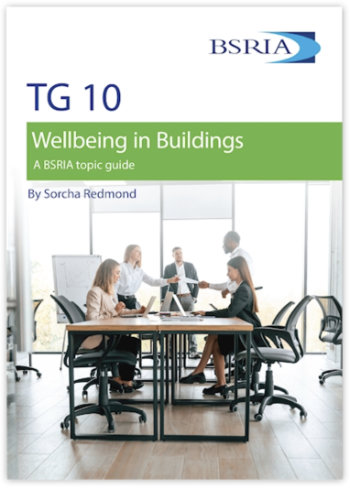

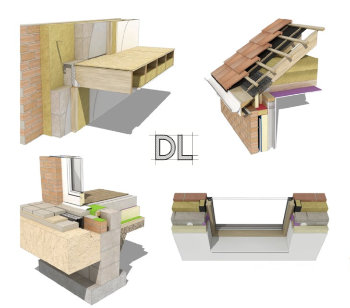

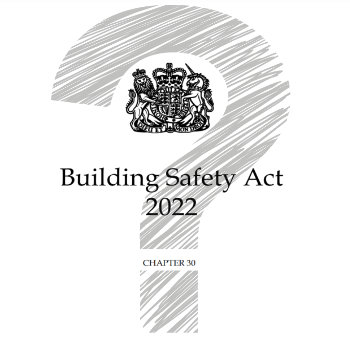

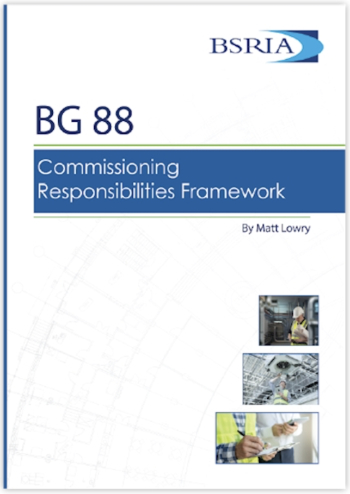

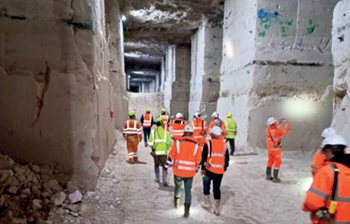


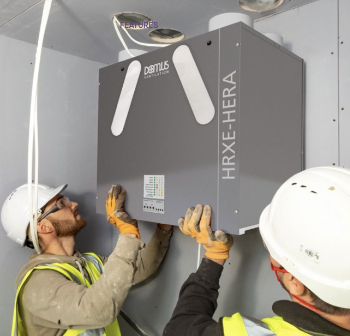




Comments
[edit] To make a comment about this article, click 'Add a comment' above. Separate your comments from any existing comments by inserting a horizontal line.